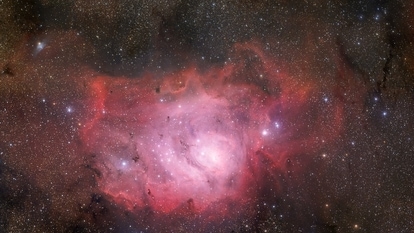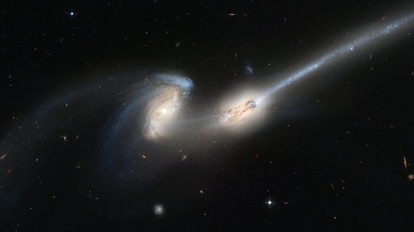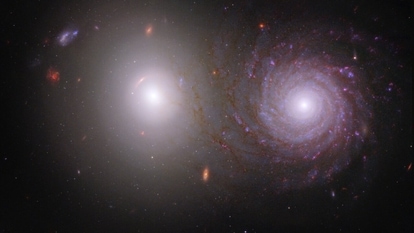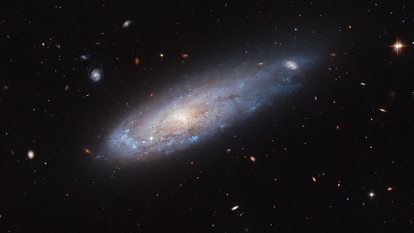NASA’s Messenger mission findings indicate presence of ice on Mercury! Check surprising facts
Recent discoveries from NASA's MESSENGER mission have challenged the conventional belief that Mercury, the closest planet to the Sun, is devoid of ice. Know all the details.
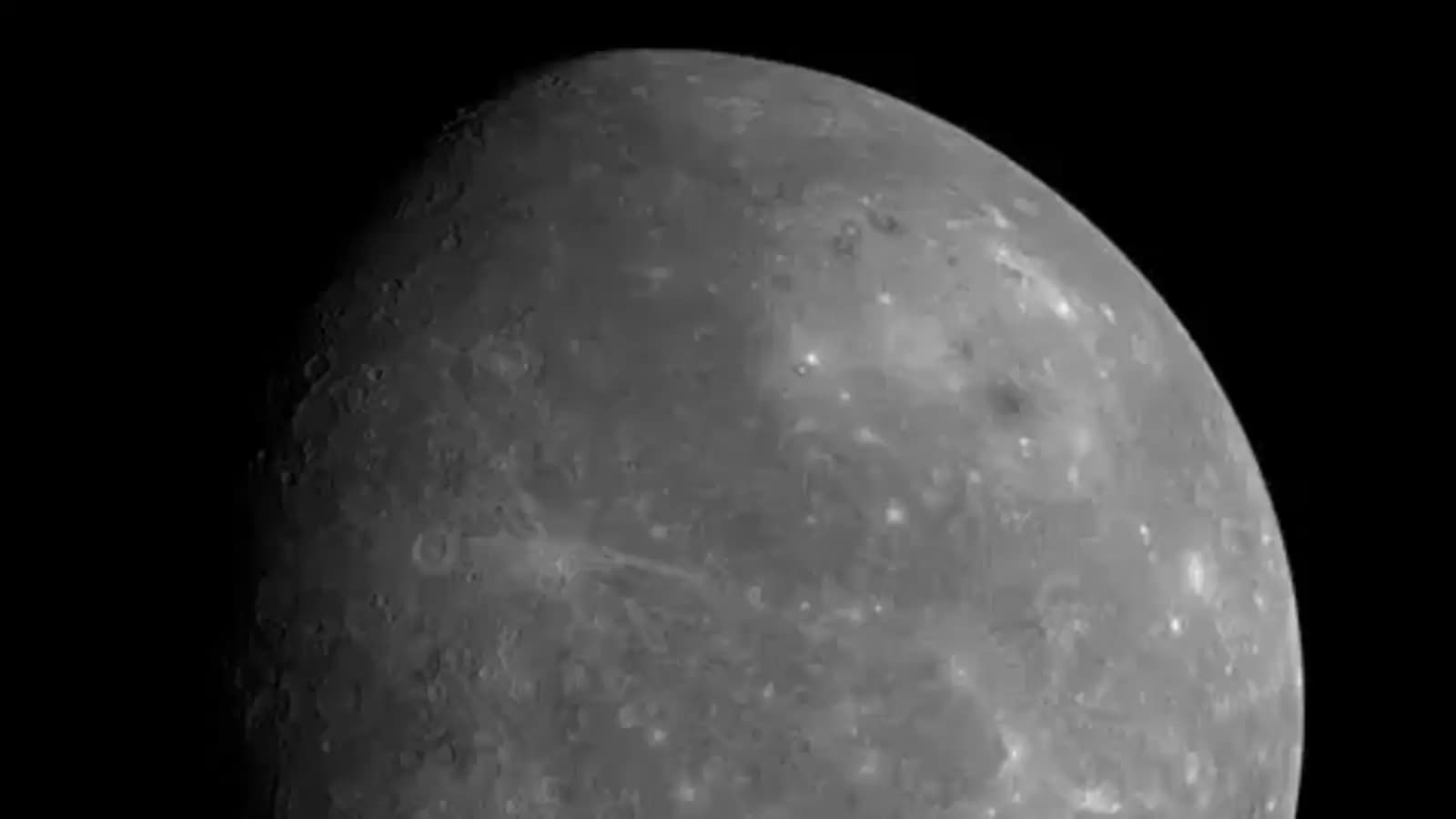
Recent revelations from NASA's MESSENGER mission have challenged long-standing beliefs about Mercury, the smallest planet in our solar system. Traditionally considered too close to the Sun to harbor ice, Mercury's scorching surface temperatures exceeding 700 K (426 C) seemed inhospitable to any form of frozen water. However, radar imaging from Earth has unveiled areas of high reflectivity near Mercury's poles, indicating the presence of ice, a discovery reminiscent of findings on the Moon.
NASA MESSENGER mission findings
These surprising findings were made possible through Earth-based investigations utilizing advanced tools such as the Arecibo radio telescope, Goldstone antenna, and Very Large Array (VLA). While these studies are not the latest, they have laid the groundwork for understanding Mercury's icy secrets. NASA's MESSENGER mission, launched in 2004, played a pivotal role in gathering crucial data about the planet. By employing radar waves to probe Mercury's surface, MESSENGER revealed anomalous reflectivity patterns predominantly at the poles, hinting at ice deposits concealed within shadowed craters.
The presence of ice on Mercury is attributed to the protection provided by these shadowed regions, shielding the ice from direct sunlight and enabling its preservation over cosmic timescales. Radar-bright regions, believed to contain ice, exhibit high reflectivity and depolarized signatures characteristic of water ice. These features, concentrated within crater-like formations near the poles, suggest the existence of permanently shaded areas conducive to ice preservation.
NASA theorizes that ice accumulation on Mercury likely results from meteorite impacts and planetary outgassing, with polar regions serving as cold traps. However, factors such as photodissociation and solar wind sputtering may affect ice longevity. To validate these discoveries, future space probes equipped with imaging and spectrometry instruments will be crucial. Missions like MESSENGER continue to provide vital insights into Mercury's polar regions, shedding light on the presence and characteristics of ice deposits, and challenging our understanding of the solar system's innermost planet.
Catch all the Latest Tech News, Mobile News, Laptop News, Gaming news, Wearables News , How To News, also keep up with us on Whatsapp channel,Twitter, Facebook, Google News, and Instagram. For our latest videos, subscribe to our YouTube channel.






